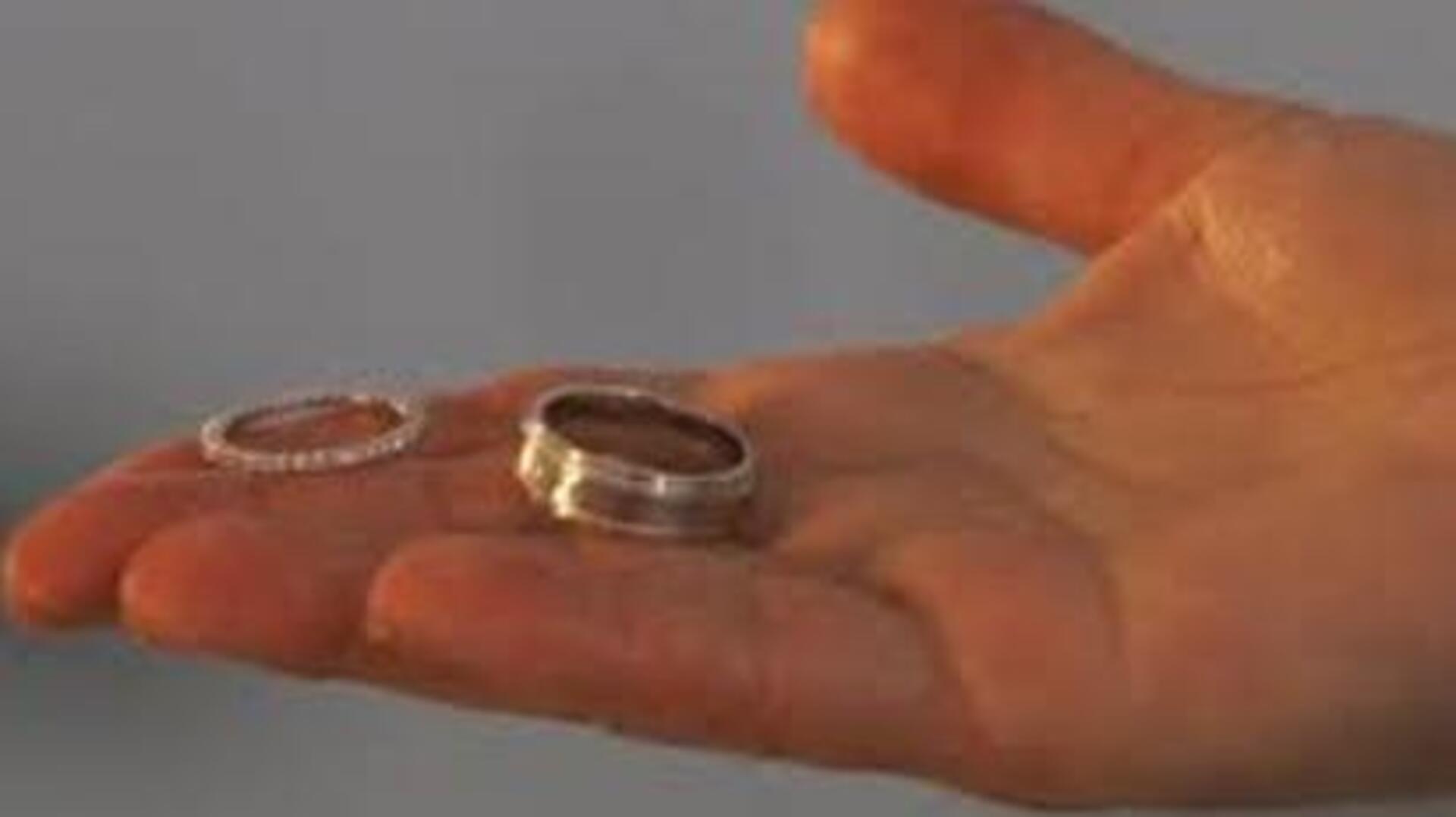
New York repeals 1907 law criminalizing adultery in marriage
What's the story
New York has repealed a century-old law that made adultery a crime. Governor Kathy Hochul signed the bill into law on Friday, effectively decriminalizing infidelity. The now-defunct statute, which was enacted in 1907, made adultery a misdemeanor punishable by up to three months in jail. "These matters should clearly be handled by these individuals and not our criminal justice system," Hochul said during the signing.
Law's legacy
Adultery law's enforcement and conviction history
Notably, the repealed adultery law was rarely enforced, with only around a dozen people charged since the 1970s. Out of these cases, a mere five were convicted. The last known use of this law was in 2010 when a woman was charged for committing a sex act in a park. However, the adultery charge was later dropped as part of a plea deal.
Repeal resistance
Previous attempts and challenges to repeal adultery law
In the 1960s, a state commission had recommended repealing the adultery law as it was difficult to enforce. However, lawmakers decided to keep it after concerns were raised about possibly endorsing infidelity. The law was introduced to make divorce proceedings difficult at a time when proving a spouse's infidelity was required for legal separation.
National trend
Nationwide trend toward repealing similar adultery laws
New York's decision to decriminalize adultery is part of a larger national trend. In recent years, several other states have also moved to repeal their respective adultery laws, acknowledging the difficulties in enforcing such statutes. These moves reflect a shift in societal attitudes toward personal relationships and the role of the criminal justice system in regulating them.